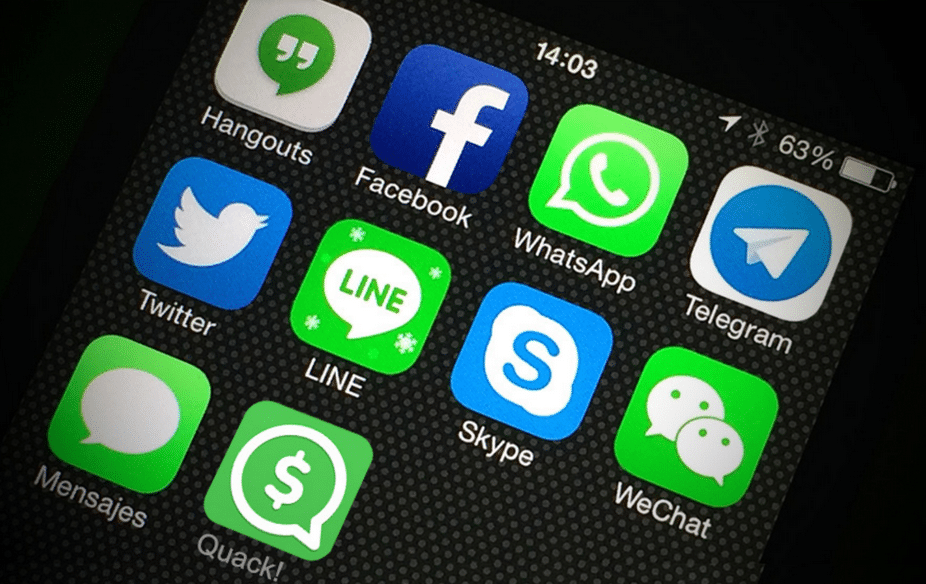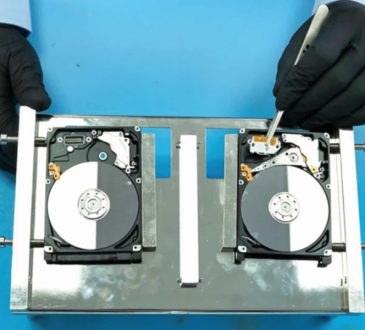Encryption converts information into a secret code, making it unreadable to anyone without the decryption key. When a messaging app has weak encryption, your messages are easily intercepted and read by third parties, such as hackers, government agencies, or even the app developers themselves.
Data breaches
Messaging apps with weak encryption are more susceptible to data breaches. If a hacker gains access to the app’s servers, they easily steal your personal information, including your messages, contact lists, and even your location data. This leads to identity theft, financial fraud, and other serious consequences.
Government surveillance
Some messaging apps have been known to cooperate with government agencies, allowing them to access user data. If you’re using an app with weak encryption, your private conversations could be monitored and used against you, even if you’re not suspected of wrongdoing.
Cyberbullying and harassment
Weak encryption also makes it easier for cyberbullies and online harassers to target their victims. If your messages are not properly secured, a bully could intercept them and use them to blackmail or humiliate you. This leads to severe emotional distress and even physical harm.
Corporate espionage
Weak encryption risks your company’s sensitive information if you use messaging apps for business purposes. Competitors employees could intercept your messages and use them to steal trade secrets, sabotage projects, or engage in corporate espionage.
How does privatenoter Help?
For more info about privnote visit privatenoter.comWhat is Privnote used for? Privatenoter is a secure note-sharing platform with strong encryption to protect sensitive information. When you create a private note on Privatenoter, it is encrypted using military-grade encryption algorithms, ensuring that only you and your intended recipient read it. Unlike messaging apps with weak encryption, Privatenoter does not store your notes on its servers. Instead, your note is stored locally on your device and automatically deleted after a specified period. Your notes will remain secure even if Privatenoter’s servers are compromised.
Privatenoter also offers additional security features, such as two-factor authentication and password protection, to further safeguard your notes. You even set your notes to self-destruct after a certain number of views or a specific date and time, giving you complete control over who accesses your information and for how long.
Best practices for secure messaging
While Privatenoter is an excellent option for sharing sensitive information securely, it’s essential to follow best practices when using any messaging app.
Keep your apps updated – Regularly update your messaging apps to ensure you have the latest security features and bug fixes.
Be cautious when sharing sensitive information – Even using a secure messaging app, be careful about what information you share. Avoid sending sensitive data over messaging apps like credit card or social security numbers.
Use strong passwords – Make sure to use strong, unique passwords for all of your messaging apps. Please avoid using the same password for multiple accounts, as this can make it easier for hackers to access your information.
Enable two-factor authentication – Two-factor authentication adds an extra layer of security to your messaging apps. It requires you to enter a code sent to your phone or email in addition to your password, making it harder for hackers to access your account.
The consequences of using insecure apps are severe, from data breaches to government surveillance. Using a secure note-sharing platform like Privatenoter and following best practices for secure messaging, you protect your sensitive information and communicate confidently.





